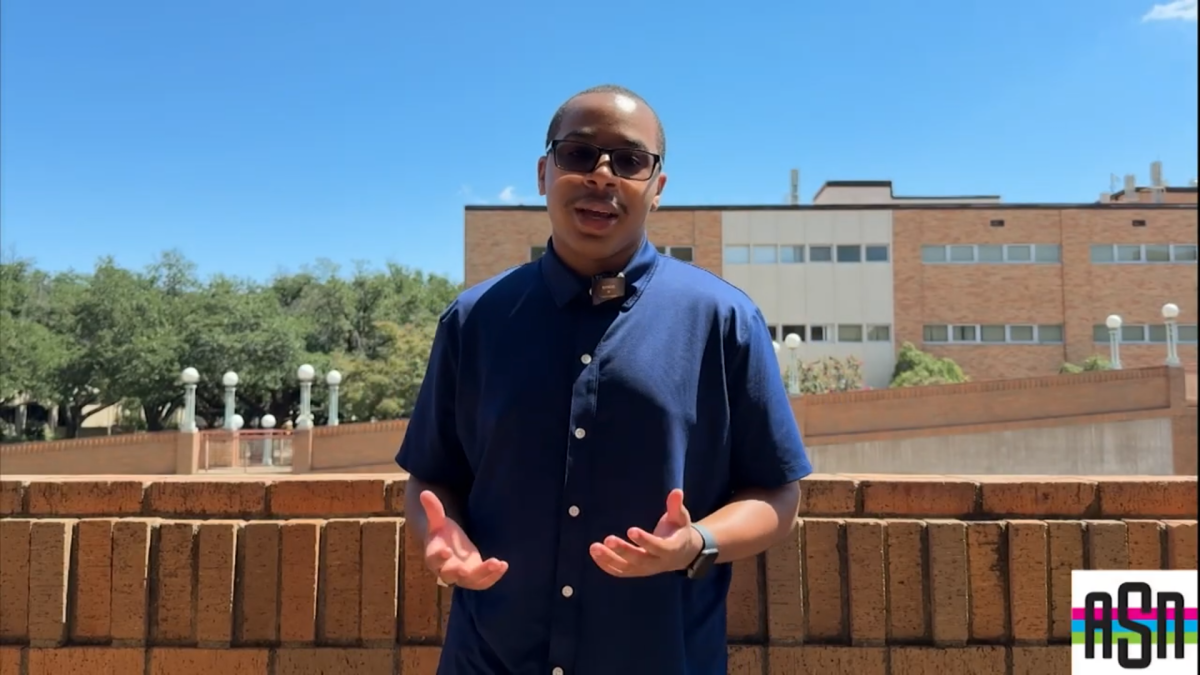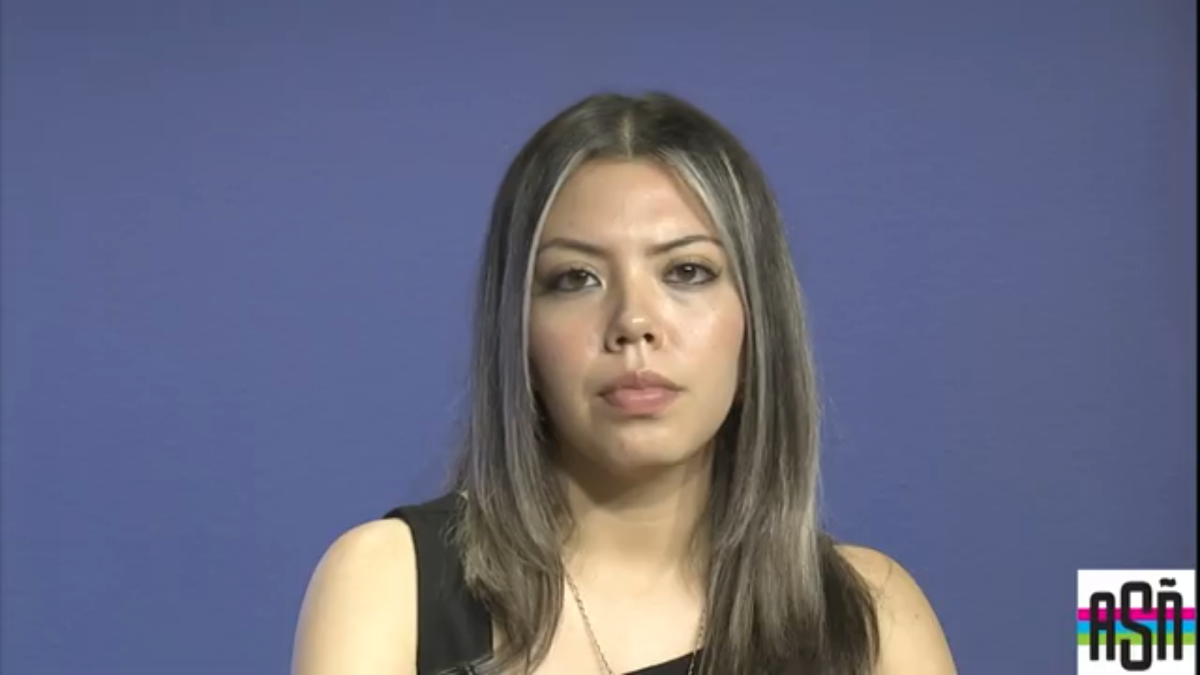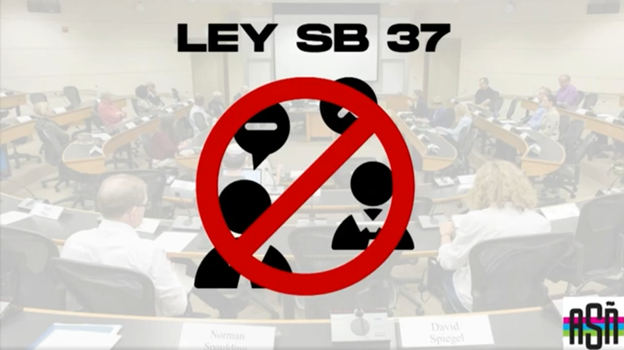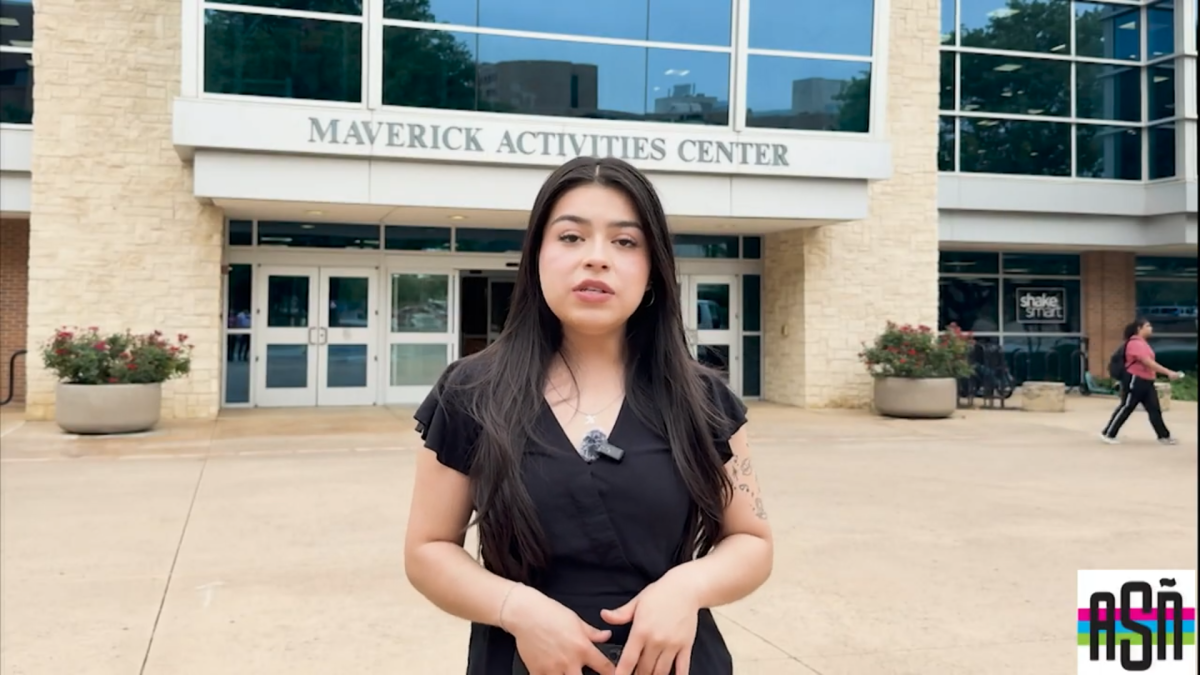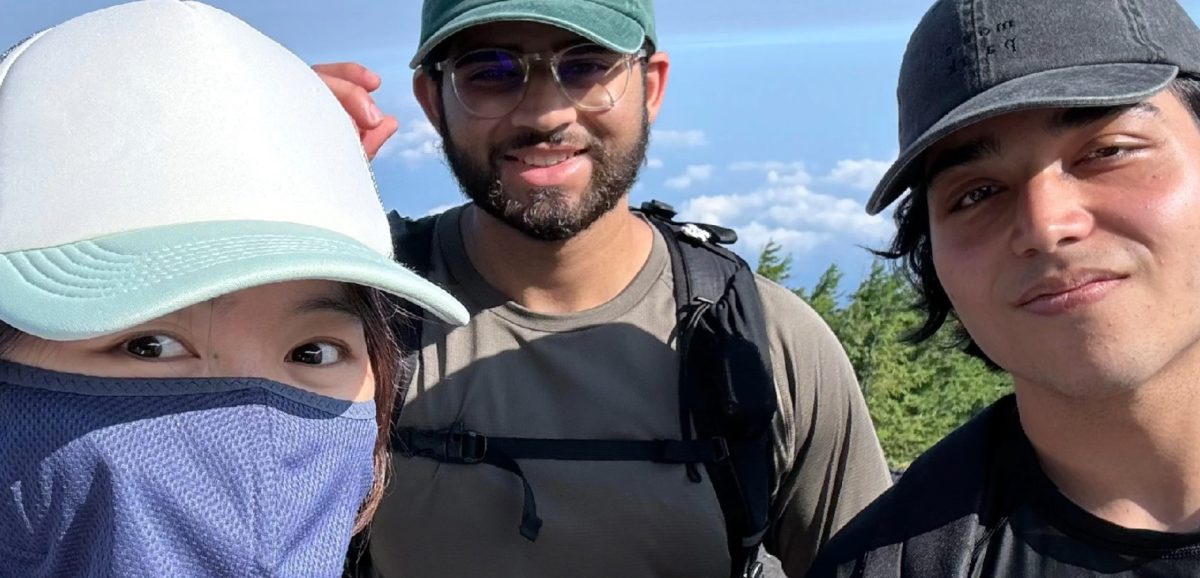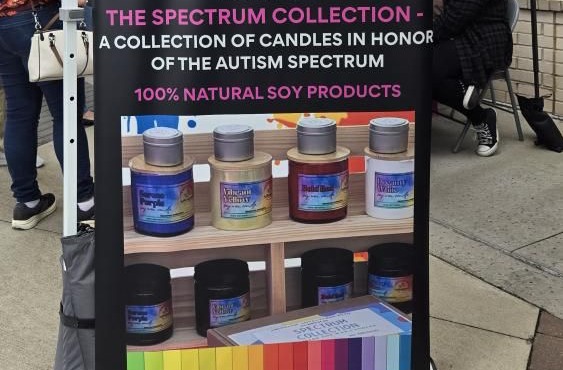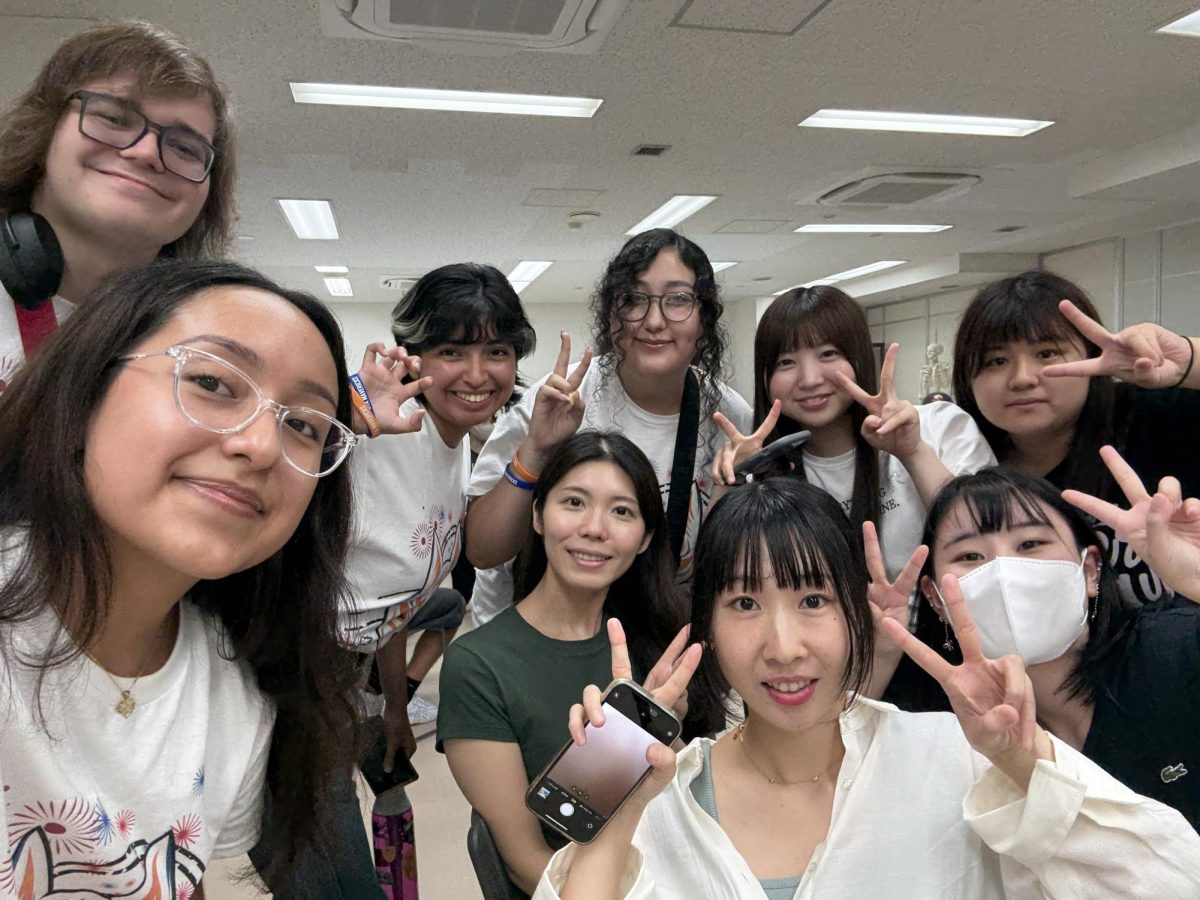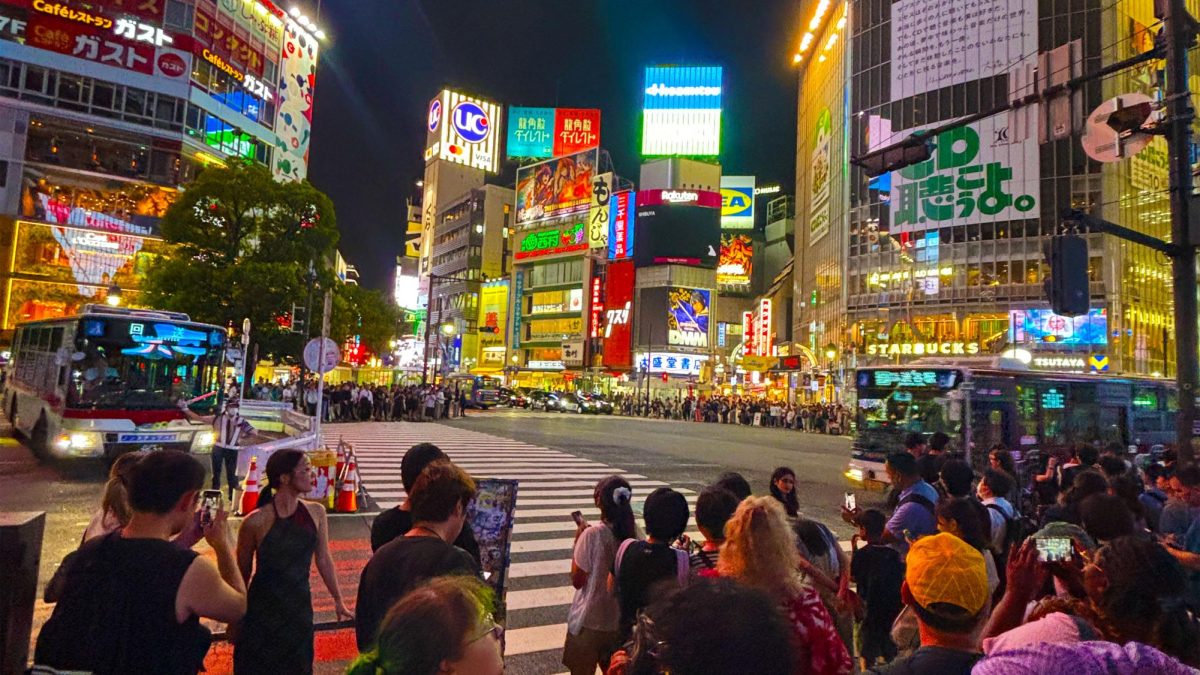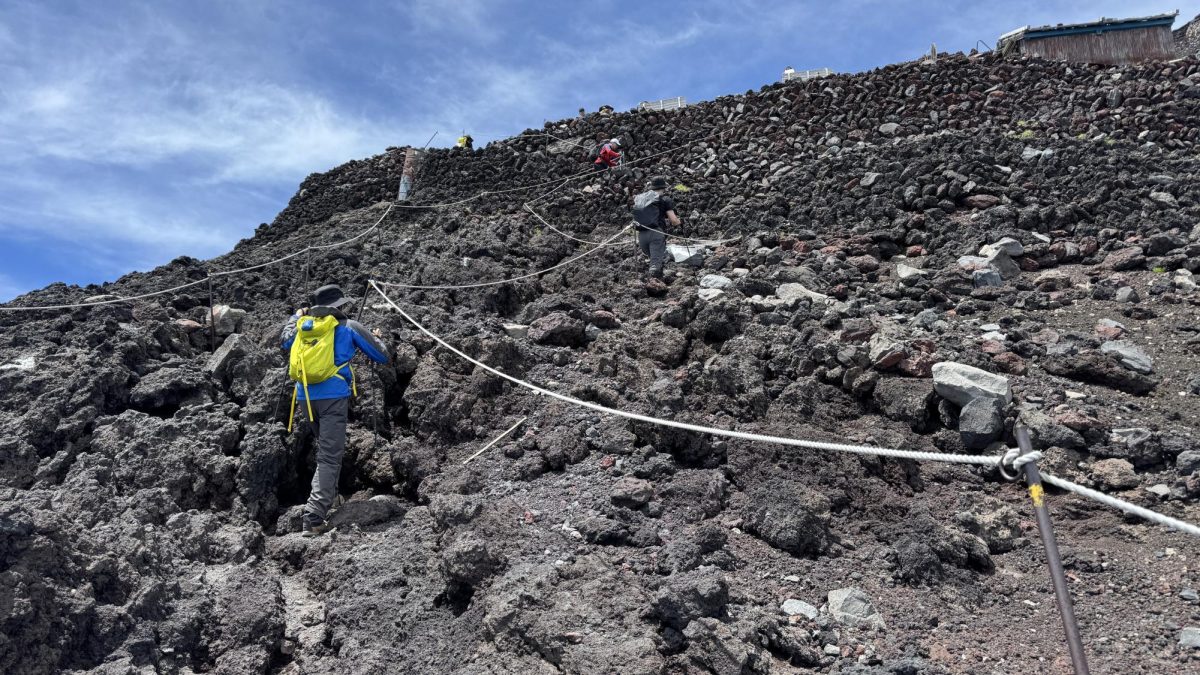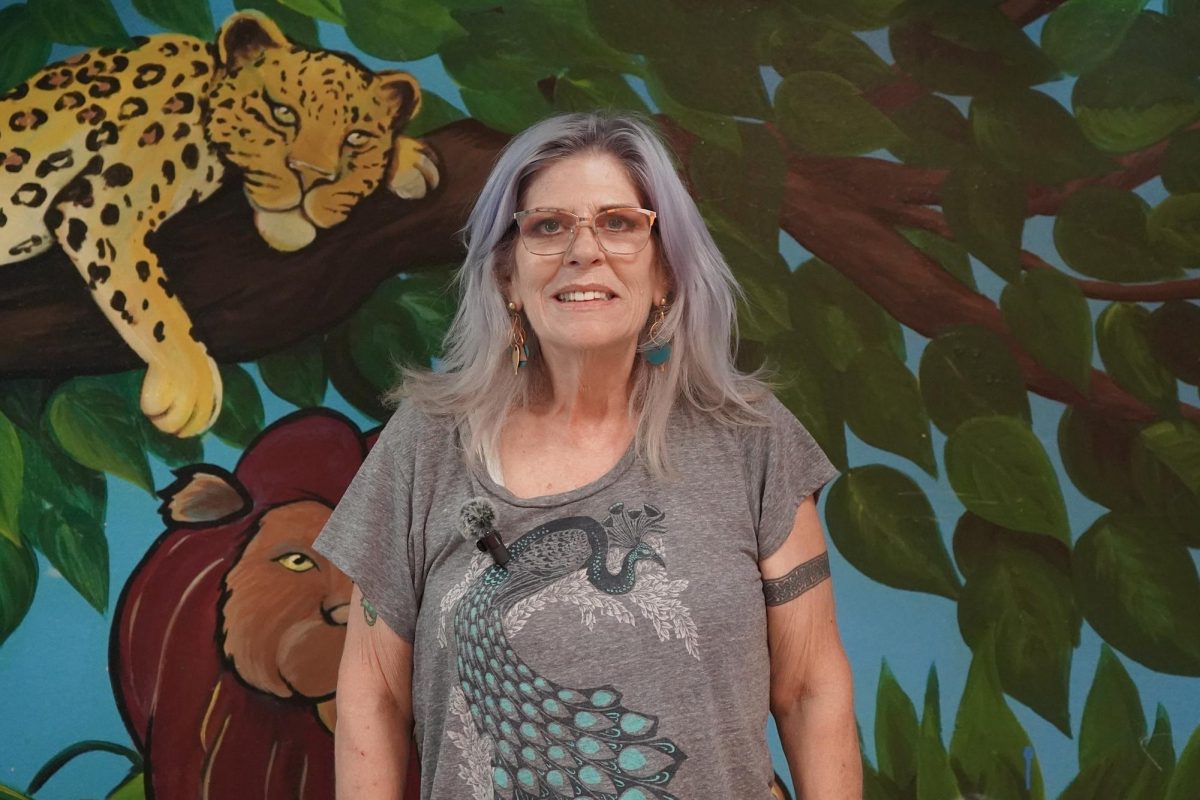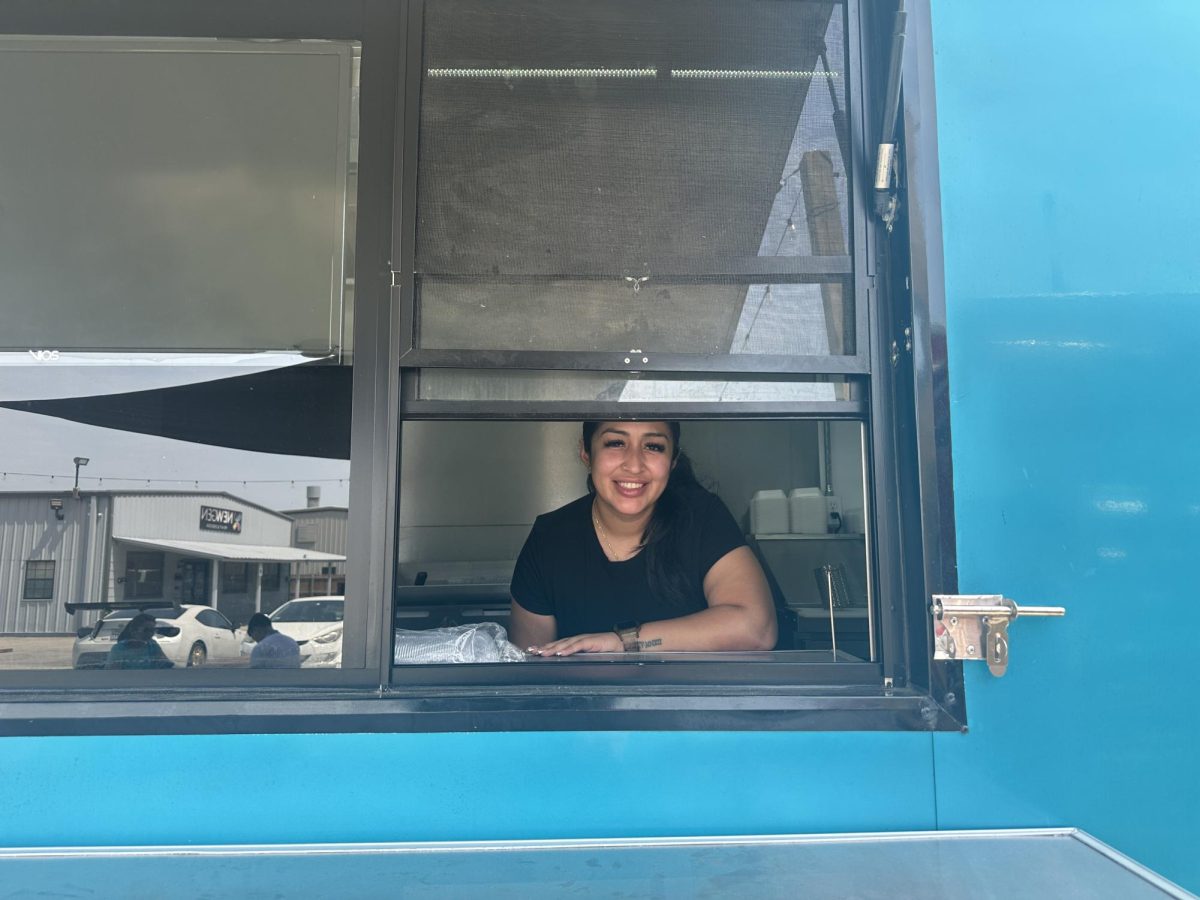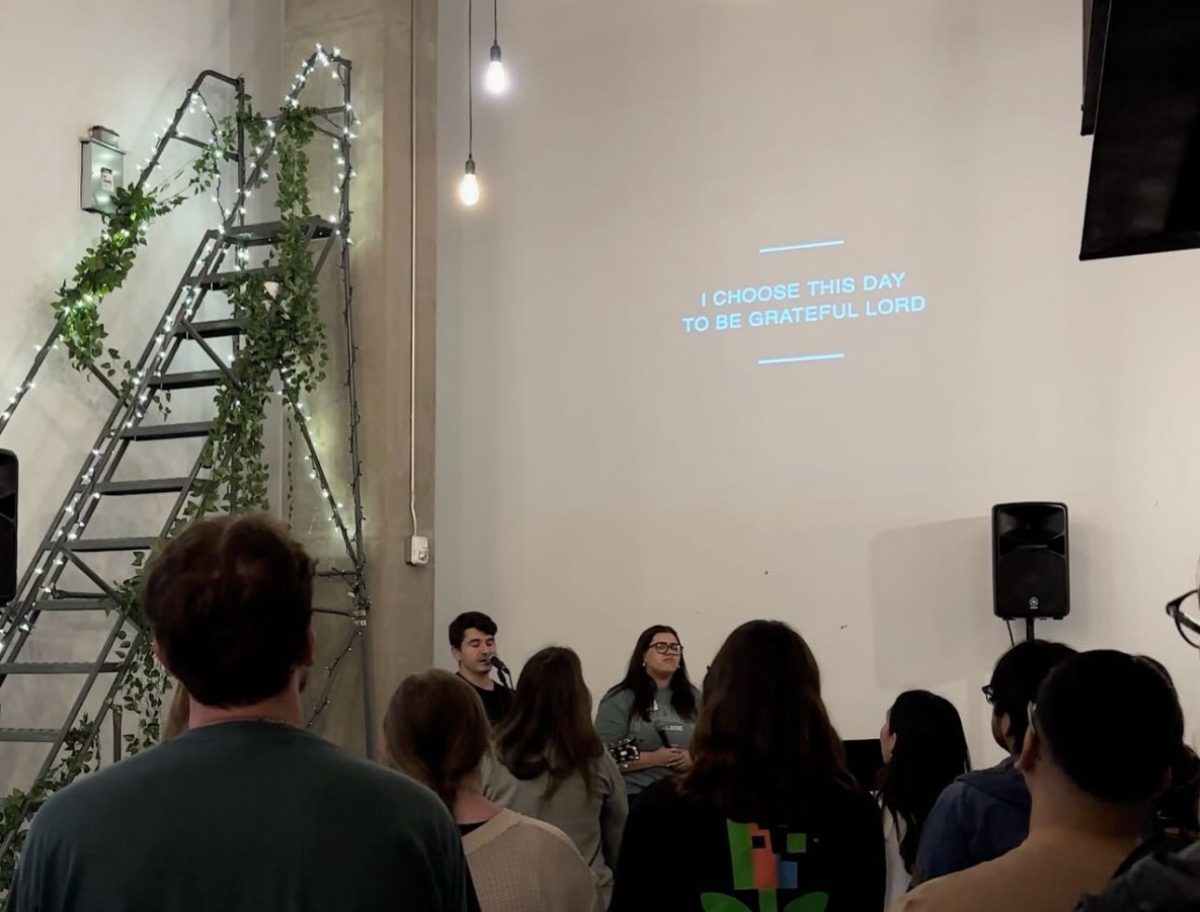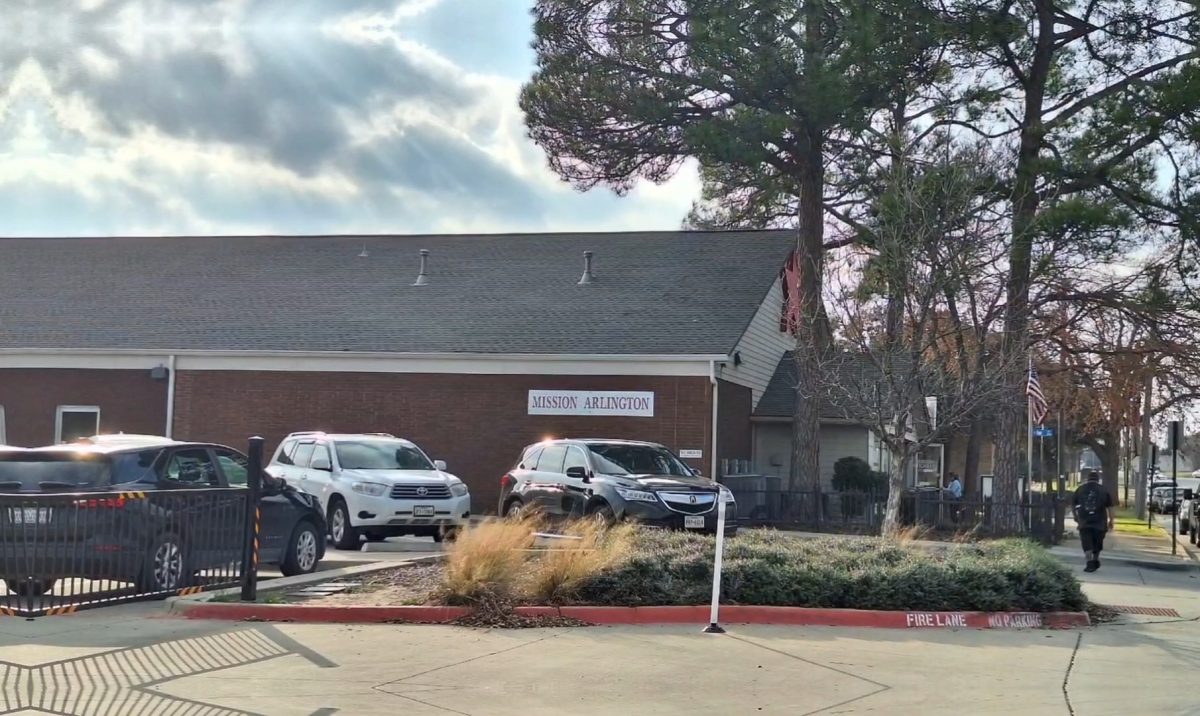Social media blamed as mental health problems increase for younger Americans
May 16, 2022
DALLAS – Mental health is a topic that you hear about everywhere nowadays. TikTok, Instagram, Twitter—name any social media platform and you’ll find people sharing their struggles and experiences.
It’s almost as if it was a newly discovered issue, but data from the Substance Abuse and Mental Health Services Administration shows that mental illnesses in people 18 or older have only increased in the past decade.
https://datawrapper.dwcdn.net/yBcU7/3/
According to the Centers for Disease Control and Prevention, one in five Americans experience a mental illness each year. And in young adults, it is even more common with one in three experiencing a mental illness.
The population’s mental well-being is steadily declining with several considerable factors contributing, most recently, the ongoing COVID-19 pandemic. But there is one source that has been and continues to be associated with the increase in poor mental health.
This contributing factor being pointed to for the decline in mental health, especially among young adults, is social media. According to the Pew Research Center, 86% of young adults use social media, which has been proven to increase anxiety and depression.
The pressure to conform and the need for validation from peers negatively impact people’s mental health. Not being able to achieve and maintain the lifestyle they see on social media tends to deteriorate young adults’ mental well-being.
Salma Leal, 22, expresses that the constant promotion of these perfect lifestyles on social media creates a lot of insecurities for young adults.
“As young adults, we get caught up with this false view of how life should be. And that success and happiness only occur when we do or gain certain things,” Leal said.
https://datawrapper.dwcdn.net/i80MO/3/
It should also be noted that there is a disparity among young adults when it comes to mental illnesses with the numbers being almost double for women than they are for men. In 2020, data from the SAMHSA showed that nearly 26% of women reported a mental illness while only about 16% of males did.
While social media has been proven to negatively impact young adults’ mental health, it is also a tool that many have used to advocate and speak out on the topic.
With social media platforms available and accessible to anyone with a phone, it gives young people the freedom and opportunity to be open about topics like mental health that were previously stigmatized.
Microinfluencer Kaylie Le speaks about the responsibility content creators have in utsing their platforms as spaces for people to share their struggles and feel heard.
“It is so important for influencers to be aware of what they post but to also utilize their platform for a greater good,” Le said. “Posting posts with call-to-action links to help others be aware that there are services out there to help people get the help that they need and also to spread awareness that we are all in this together.”
The mental health stigma has been around for a very long time, but young adults in today’s world seem more open to discussing their mental health and seeking help. This can also be associated with the push for mental health discussion that many higher education institutions have implemented to inform college students.
College student Kristen Kerr, who attended a mental health awareness event held at the University of Texas at Arlington, said she believes it is important for young adults to be exposed to these conversations so that they are better informed.
“I believe education is such an important piece in everything we do because we can become more informed and aware,” Kerr said. “Mental health is a topic that you hear about almost every day. The more accurate information we spread the better it is.”
Along with the use of social media to advocate for mental health and keep the population informed, there has also been an increase in teletherapy services advertising on the platforms. Teletherapy refers to mental health counseling offered online or through a mobile app. Services like BetterHelp, Talkspace and Cerebral have started heavily advertising on social media platforms like TikTok and Instagram, which are primarily used by young adults.
Data from the SAMHSA shows that in the past five years there has been a significant increase in the total of inpatient care, outpatient care and medication young adults have received due to a mental illness. With the increase in mental illnesses among young adults, the presence of online or virtual counseling provides another source of help for those struggling.
https://datawrapper.dwcdn.net/vuYbS/1/
Social media can be seen as a resource for informing and providing a space for mental health discussions. But it has also proven to have harmful impacts like increasing depression and spreading misinformation. It’s difficult to state whether the negative impact outweighs the positive effect social media has had on shedding light on the topic of mental health, but it will continue to be a major player in the discussion surrounding it.

